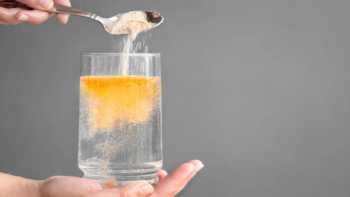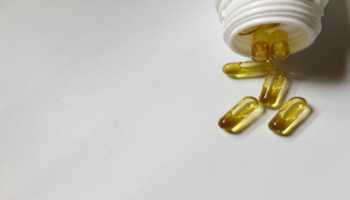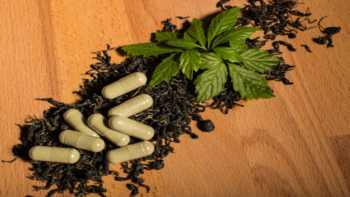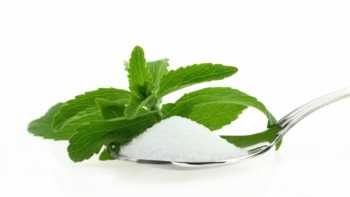How concerned should I be about glyphosate in foods and supplements?
Find out if you should be concerned about glyphosate in foods and supplements. ConsumerLab.com's answer explains.

Does taking a laxative interfere with the absorption of vitamins or minerals?
Information on laxative interactions with other medications and supplements such as Maalox, antibiotics, and statins and diabetes medications.

What does "%DV" (Daily Value) mean on a supplement label, how does it differ from RDAs, and should anyone take more than the DV for a nutrient?
Find out the difference between RDAs (Recommended Daily Allowances) and DVs (Daily Values) for vitamins and minerals, and learn whether certain groups of people should take more than the 100% DVs for vitamins and minerals.

Are there vitamins or supplements that can reduce my risk of breast cancer? Do any increase cancer risk?
Find out if certain vitamins, supplements and foods such as fish oil, olive oil, vitamin C and others, can help reduce the risk of breast cancer. ConsumerLab.com's answer explains.

How can I get the equivalent of 20 ml of extra virgin olive oil (4 teaspoons) as oleic acid capsules?
Info on taking extra virgin olive oil as a supplement in pill form. ConsumerLab.com explains.

Does Gynostemma pentaphyllum really work as an AMPK activator and help for diabetes, high cholesterol, or weight loss?
Find out if Gynostemma pentaphyllum ( jiaogulan) works as an AMPK activator and helps to lower blood sugar and treat diabetes. ConsumerLab.com's answer explains.

What is acrylamide? Is it true that coffee and cocoa contain this toxin?
Find out what acrylamide is, how much is found in coffee and cocoa, and how you can minimize your intake of acrylamide.

Is drinking coffee good or bad for heart health?
Learn more about coffee and caffeine, its safety, if it's good for you, how much coffee is too much and its impact on your heart.

Do any supplements help for ulcerative colitis?
Find out what supplements & vitamins can help with ulcerative colitis, such as VSL#3, curcumin, aloe or boswellia.

Sugar Substitutes: Pros, Cons, and Best Choices
Learn about the pros and cons of using sugar substitutes and artificial sweeteners in place of table sugar. Sweeteners discussed include stevia, monk fruit, and other high-intensity sweeteners; xylitol, erythritol, allulose and other low-calorie sweeteners; and agave syrup, black sugar, coconut sugar, honey, molasses and other sugar alternatives.






